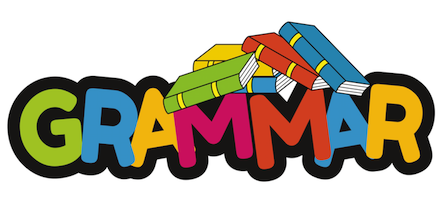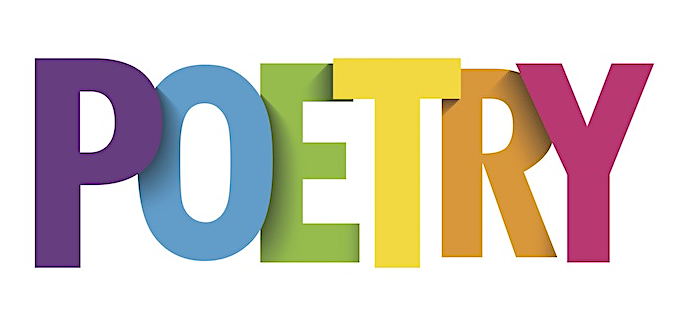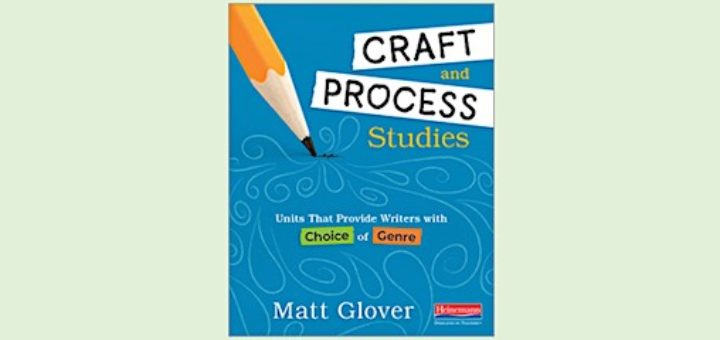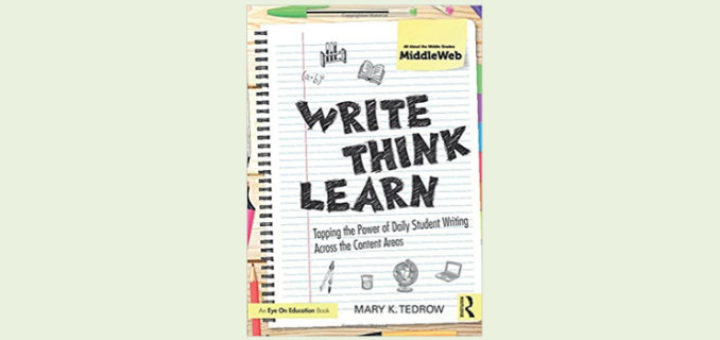How Teacher Notebooks Can Help Students Learn
When we have students watch us write in our teacher notebooks about what we’re reading, we not only share our expectations for their notebook-keeping, we give them a mental model for writing critically and analytically about what they read, says literacy leader Laura Robb.























